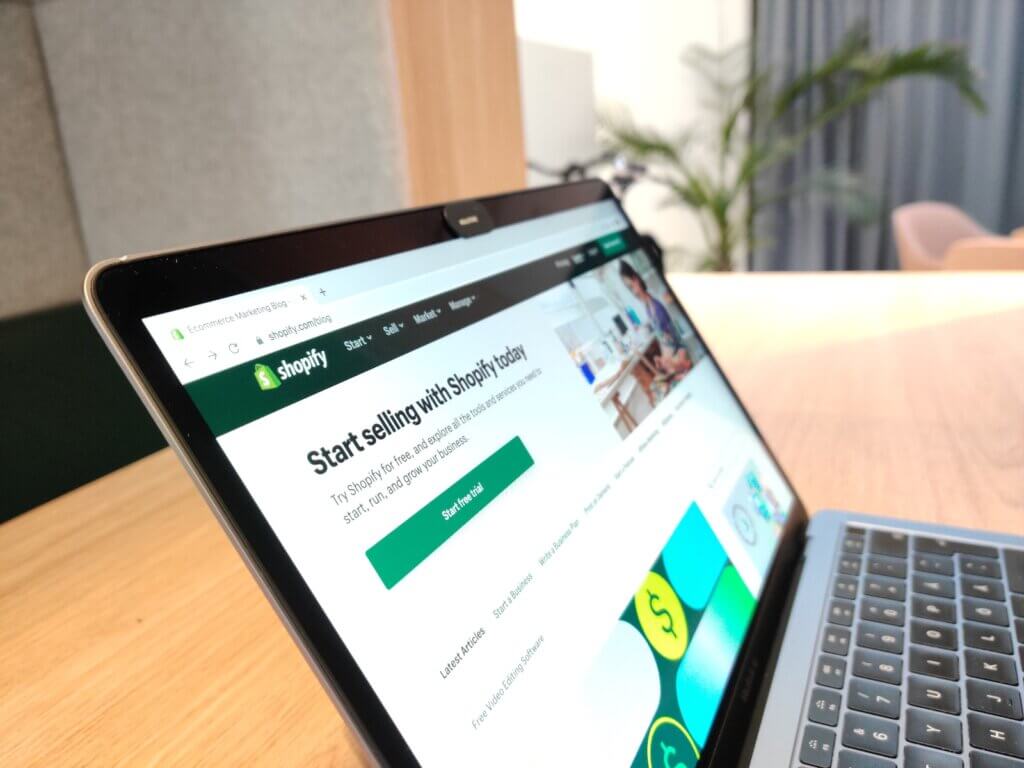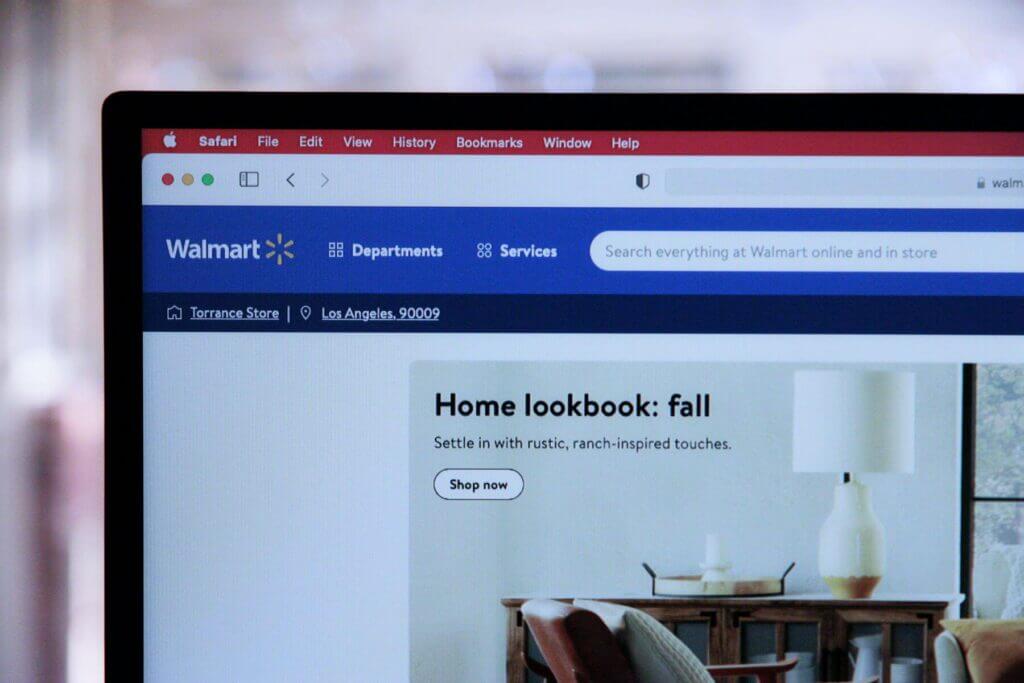If you’re seeking startup business loans with no revenue, this comprehensive guide covers everything you need to know. Discover eligibility criteria, types of loans, pros and cons, alternatives, for securing loans, and case studies of companies that have successfully obtained loans.
Understanding Startup Business Loans with No Revenue
Starting a business is a challenging task, especially when you have no revenue to support it. This is where startup business loans with no revenue come in handy. In this section, we will explore the definition of these loans, their eligibility criteria, and the different types of loans available.
Definition
A startup business loan with no revenue is a type of loan that is specifically designed for businesses that are just starting out and have no revenue to show. These loans are intended to provide the necessary funding to cover the initial costs of starting a business, such as buying equipment, renting office space, and hiring employees.
Eligibility Criteria
While each lender may have its own set of eligibility criteria, there are some common requirements that most lenders will consider before approving a startup business loan with no revenue. These requirements may include:
- A solid business plan: Lenders want to see that you have a clear plan for how you will use the loan funds to grow your business.
- Personal credit score: Even though your business may not have a credit history, lenders will look at your personal credit score to assess your ability to handle debt.
- Collateral: If your business does not have any revenue, lenders may require you to put up collateral to secure the loan.
- Industry experience: Lenders may prefer to lend to businesses whose owners have experience in the industry.
- Personal investment: Lenders may want to see that you have invested some of your own money in the business.
Types of Loans
There are several types of startup business loans with no revenue that you can consider. These loans may include:
- SBA loans: The U.S. Small Business Administration offers several loan programs that are designed to help small businesses. These loans are backed by the government and may have lower interest rates and longer repayment terms.
- Equipment financing: If your business needs equipment to operate, you may consider equipment financing. This type of loan allows you to borrow money to purchase the equipment, and the equipment acts as collateral for the loan.
- Business credit cards: Business credit cards can provide a source of funding for your business, especially if you need to make small purchases. Just be aware that they often come with high interest rates.
- Microloans: Microloans are small loans that are typically offered by non-profit organizations or government agencies. They are designed to help small businesses that may not qualify for traditional loans.
Pros and Cons of Startup Business Loans with No Revenue
Starting a business with no revenue can be a challenging and risky endeavor. There are many expenses to consider, from office space to employee salaries, and it can be difficult to secure funding without a proven track record of sales. However, there are options available for entrepreneurs looking to get their business off the ground, including startup business loans with no revenue. In this section, we’ll examine the advantages and disadvantages of these loans to help you make an informed decision for your business.
Advantages
- Access to Funding – One of the most significant advantages of startup business loans with no revenue is that they provide access to funding that may not be available otherwise. These loans are specifically designed for entrepreneurs who are just starting and may not have a proven track record of sales or revenue.
- Flexibility – Startup business loans with no revenue are often more flexible than traditional loans. For example, they may have lower interest rates or longer repayment terms, giving you more time to pay back the loan.
- Building Credit – Taking out a startup business loan with no revenue can help you establish credit for your business. This can be particularly useful if you plan to apply for larger loans in the future.
- Opportunity for Growth – With the additional funding provided by a startup business loan, you have an opportunity to invest in your business and accelerate its growth. This can include hiring new employees, investing in marketing and advertising, or purchasing new equipment.
Disadvantages
- High Risk – Startup business loans with no revenue are considered high-risk loans, which means lenders may charge higher interest rates or require collateral. This can be a significant disadvantage for entrepreneurs who are just starting and may not have a lot of assets to offer as collateral.
- Limited Loan Amounts – Lenders may limit the amount of funding available for startup business loans with no revenue. This can be a disadvantage for entrepreneurs who need a significant amount of funding to get their business off the ground.
- Short Repayment Terms – Some startup business loans with no revenue may have short repayment terms, which can be challenging for entrepreneurs who are just starting and may not have a steady stream of revenue coming in.
- Potential for Debt – Taking out a startup business loan with no revenue can put you at risk of accumulating debt if your business does not generate enough revenue to cover the loan payments.
How to Apply for Startup Business Loans with No Revenue
Starting a business can be an exciting but challenging endeavor, especially when it comes to financing. If you’re a startup business with no revenue and are looking for funding options, you may be wondering how to apply for a business loan. In this section, we’ll walk you through the steps of applying for startup business loans with no revenue.
Research Lenders
Before you start applying for loans, it’s essential to research lenders that offer startup business loans with no revenue. Not all lenders offer these types of loans, so it’s essential to find lenders that specialize in providing funding for startups.
Some lenders may require a minimum credit score or collateral to secure the loan, while others may not. It’s essential to research each lender’s requirements to determine which ones are suitable for your business needs.
When researching lenders, consider the following factors:
- Interest rates
- Loan terms
- Fees
- Approval process
- Reputation
Once you’ve narrowed down your list of potential lenders, take the time to read reviews and testimonials from other business owners who’ve worked with them. This information can provide valuable insights into the lender’s reliability and customer service.
Gather Required Documents
Once you’ve found a lender that’s a good fit for your startup, the next step is to gather the required documents. Each lender may have different requirements, but here are some general documents you may need:
- Business plan
- Personal and business tax returns
- Bank statements
- Financial projections
- Articles of incorporation
- Business licenses and permits
- Proof of collateral (if required)
It’s crucial to have these documents organized and prepared before applying for the loan. Some lenders may require additional documentation, so it’s essential to review their requirements carefully.
Fill Out Application
The final step in applying for a startup business loan with no revenue is to fill out the application. The application process can vary depending on the lender, but typically involves the following steps:
- Fill out the application form: The application form will require information about your business, such as your business name, address, and type of business.
- Provide personal information: You’ll need to provide personal information, such as your name, address, social security number, and date of birth.
- Provide financial information: You’ll need to provide financial information, such as your income, assets, and liabilities.
- Submit supporting documentation: You’ll need to submit the required documents to support your loan application.
- Wait for approval: The lender will review your application and supporting documentation and determine if you’re eligible for a loan.
If approved, the lender will provide you with the loan terms and conditions, including the loan amount, interest rate, and repayment terms. It’s essential to review these terms carefully and ask any questions you may have before accepting the loan.
Alternatives to Startup Business Loans with No Revenue
Starting a business is an exciting venture, but it can also be expensive. For startups that have no revenue, securing a loan can seem impossible. However, there are alternatives to traditional loans that can help you get the funding you need to launch your business. In this section, we’ll explore three alternatives to startup business loans with no revenue: crowdfunding, angel investors, and personal savings.
Crowdfunding
Crowdfunding has become a popular way for startups to raise money. With crowdfunding, you create a campaign on a crowdfunding platform and ask people to contribute money to your project. In return, you may offer rewards or equity in your business.
One of the benefits of crowdfunding is that you can reach a large number of people quickly and easily. You can also test the market and see if there is interest in your product or service before you invest a lot of money into it.
There are several types of crowdfunding, including reward-based, donation-based, and equity-based. Reward-based crowdfunding is the most popular and is used by startups that offer a product or service. Donors contribute money in exchange for a reward, such as a sample of the product or a discounted price.
Donation-based crowdfunding is used by startups that have a social or charitable cause. Donors contribute money without expecting anything in return.
Equity-based crowdfunding is used by startups that are looking to raise money in exchange for equity in their business. This type of crowdfunding is regulated by the SEC and has specific rules that must be followed.
Angel Investors
An angel investor is an individual who invests money into a startup in exchange for equity in the business. Angel investors are typically wealthy individuals who are looking for opportunities to invest in startups that have high growth potential.
One of the benefits of angel investors is that they can provide more than just money. They can also provide expertise and guidance to help your business succeed. Additionally, angel investors can help you make valuable connections in your industry.
However, working with angel investors can be challenging. They may have specific requirements and expectations for your business, and you will need to give up a portion of your ownership in the company.
Personal Savings
If you have personal savings, you may be able to use them to fund your startup. This can be a good option if you don’t want to give up equity in your business or take on debt.
Using personal savings has several benefits. You don’t have to worry about paying back a loan or giving up ownership in your company. Additionally, you have complete control over your business and can make decisions without having to consult with investors.
However, using personal savings can be risky. If your business fails, you may lose your savings. Additionally, you may not have enough savings to fully fund your startup.
Tips for Securing Startup Business Loans with No Revenue
As a startup owner, securing a business loan with no revenue can be a daunting task. However, with the right approach, it’s possible to get the funding you need to get your business off the ground. Here are some to help you secure a startup business loan with no revenue.
Create a Solid Business Plan
One of the first steps to securing a startup business loan with no revenue is to create a solid business plan. A business plan is a detailed document that outlines your business goals, strategies, and financial projections. It gives potential lenders an idea of your business and how you plan to use the loan to grow it. Your business plan should include:
- Executive summary – a brief overview of your business and goals.
- Market analysis – research on your industry, competition, and target market.
- Products or services – a description of your products or services and how they meet the needs of your target market.
- Marketing and sales strategy – how you plan to promote and sell your products or services.
- Financial projections – a detailed financial plan that includes income statements, balance sheets, and cash flow statements.
Having a solid business plan shows lenders that you have done your homework and are serious about your business.
Build a Strong Network
Building a strong network is another important step to securing a startup business loan with no revenue. Your network can include friends, family, mentors, and industry professionals. They can provide you with valuable advice, introductions to potential lenders, and even invest in your business.
One way to build a strong network is to attend industry events and conferences. These events are great for networking and meeting investors who are interested in your industry. You can also join local business groups and organizations, such as the Chamber of Commerce, to connect with other entrepreneurs and business professionals.
Be Realistic with Loan Amounts
When applying for a startup business loan with no revenue, it’s important to be realistic with the loan amount you are requesting. Lenders are more likely to approve loans that are reasonable and have a clear purpose. If you ask for too much money, lenders may see it as a red flag and reject your application.
To determine the right loan amount, you should create a detailed budget that outlines your expenses and cash flow projections. This will help you determine how much money you need to get your business off the ground and how you plan to use the loan funds.
Case Studies of Successful Startup Business Loans with No Revenue
Starting a business from scratch can be challenging, especially when you have no revenue. However, with the right funding, it is possible to turn a startup into a successful business. In this section, we will explore three case studies of companies that were able to secure startup business loans with no revenue and go on to achieve success.
Company A
Company A is a tech startup that was founded in 2017. The company specializes in developing software for the healthcare industry. When the founders of Company A started their business, they had a clear vision of what they wanted to achieve, but they lacked the funds to get started. They turned to a startup business loan to secure the funding they needed.
To qualify for the loan, the founders of Company A had to present a solid business plan that detailed their vision, products, and projected revenue. They also had to provide collateral and a personal guarantee. With the loan, they were able to develop their software and attract customers.
Today, Company A is a thriving business with a growing customer base. The founders credit their success to the startup business loan that gave them the resources they needed to get started.
Company B
Company B is a fashion startup that was founded in 2018. The company designs and sells sustainable clothing made from eco-friendly materials. When the founders of Company B started their business, they knew they needed funding to purchase materials and produce their clothing.
They applied for a startup business loan and were approved based on their business plan and the potential demand for their products. With the loan, they were able to purchase materials and create their first line of clothing.
Today, Company B is a successful business that has gained a reputation for its sustainable and stylish clothing. The founders credit their startup business loan for giving them the financial resources they needed to get started.
Company C
Company C is a food startup that was founded in 2019. The company produces and sells healthy snack bars made from all-natural ingredients. When the founders of Company C started their business, they knew they needed funding to purchase ingredients, create their product, and market it to potential customers.
They applied for a startup business loan and were approved based on their business plan and the potential demand for their product. With the loan, they were able to purchase ingredients, create their snack bars, and launch a marketing campaign.
Today, Company C is a successful business that has gained a loyal customer base. The founders credit their startup business loan for giving them the financial resources they needed to turn their vision into a reality.
In conclusion, these case studies show that it is possible to secure a startup business loan with no revenue and turn a startup into a successful business. To qualify for a loan, you need a solid business plan, collateral, and a personal guarantee. With the right funding, you can create a product, attract customers, and achieve success.








